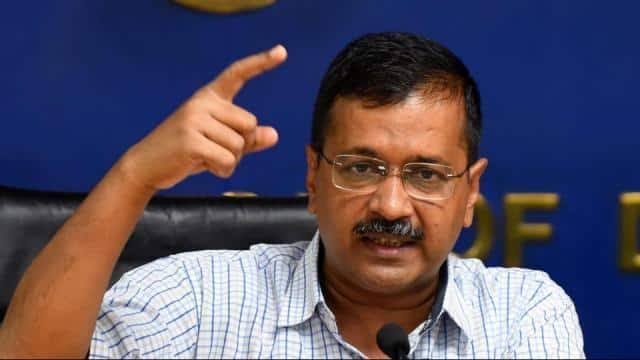In spite of the city government’s implementation of strict measures and plans, such as a ban on construction activities and the entry of diesel trucks into the national capital, Delhi’s air quality has declined. However, due to an increase in wind speed and a change in wind direction, the air quality exhibited signs of enhancement.
The Delhi government officially established a six-member Special Task Force (STF) on Thursday, as stated by Environment Minister Gopal Rai, to rigorously enforce measures outlined in the Graded Response Action Plan (GRAP). The STF, led by Delhi’s special secretary for environment, comprises senior official members from transport, traffic, revenue, the Municipal Corporation of Delhi (MCD), and the Public Works Department (PWD).
The city’s Air Quality Index (AQI) showed improvement, registering 339 at 9 a.m. on November 18, down from 405 at 4 p.m. previously on Friday. Fluctuating throughout the week, with the lowest at 218 on Sunday, the 24-hour average AQI was 419 on Thursday. Last weekend’s comparatively better air quality, attributed to rain, deteriorated due to Diwali fireworks and increased stubble burning in neighboring states.
Due to relatively better air quality last weekend, the city witnessed rain. Intense firecrackers bursting on Diwali night and a resurgence in stubble burning in the neighboring states were the major contributors to the surge in air pollution levels.
According to the meteorological department’s forecast, easterly winds will prevail for the next three days. However, significant relief is expected to occur by November 21, with the arrival of strong winds reaching up to 15 km/h.
The Sub-Committee for GRAP actions met on Saturday and noted that Delhi’s current AQI is 322 (Very Poor), significantly below the threshold for activating Stage-IV GRAP measures by 128 AQI points. The Commission for Air Quality Management (CAQM), a statutory body responsible for formulating strategies to combat pollution in Delhi implemented measures under Stage 4 of the GRAP. At present the air quality has improved and the Stage – IV actions of GRAP were withdrawn.

